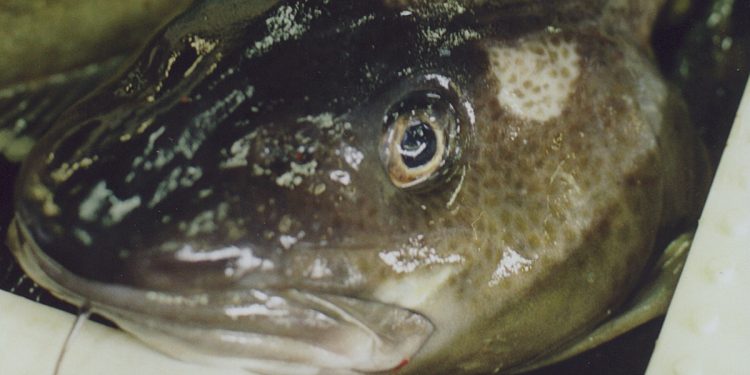Concerns that the general health of the Baltic and its eastern cod stock are severely exposed as climate change is resulting in far-reaching changes in the Baltic environment are shared by the Swedish Agency for Marine and Water Management (SwAM).
According to SwAM, investigating the causes of change is complex – as is assessing what measures can be applied, as climate change is making the Baltic warmer less rich in oxygen, acidic and with decreasing salinity levels.
The result is a changing ecosystem, which inevitably affects cod populations.
‘A lot of work being done to improve the state of the environment, but it will take time before we see effects,’ said SwAM’s director Mats Svensson.
‘Emissions of nutrients are decreasing but eutrophication is still a major problem. Especially in the Baltic Sea, where 97% of the sea is affected by eutrophication, of which 12% is greatly affected. Measures such as local water conservation projects contribute to reducing the emissions of nutrients.’
In addition, there is an ongoing increase in oxygen-free seabed areas.
According to SwAM, the action programme for the marine environment (as laid down by the EU Marine Environment Directive) states what is needed for a good marine environment in the long term, which is important for all fish stocks. For each action there is a responsible authority.
SwAM has developed 32 different measures relating to invasive species, fish and shellfish that are affected by fishing, eutrophication, marine protected areas and restoration, permanent changes in hydrographic conditions, hazardous substances, marine waste and biodiversity. The effectiveness of measures is followed up and evaluated every six years.
The situation for the eastern Baltic cod stock remains a concern.
‘On 29th May 29, ICES will come up with new scientific advice that will form the basis of the EU negotiations on fishing quotas, among other things for cod. After negotiations between EU member states, decisions are taken by the Council of Ministers on 2020 quotas 14th-15th October,’ said SwAM’s Ingemar Berglund.









